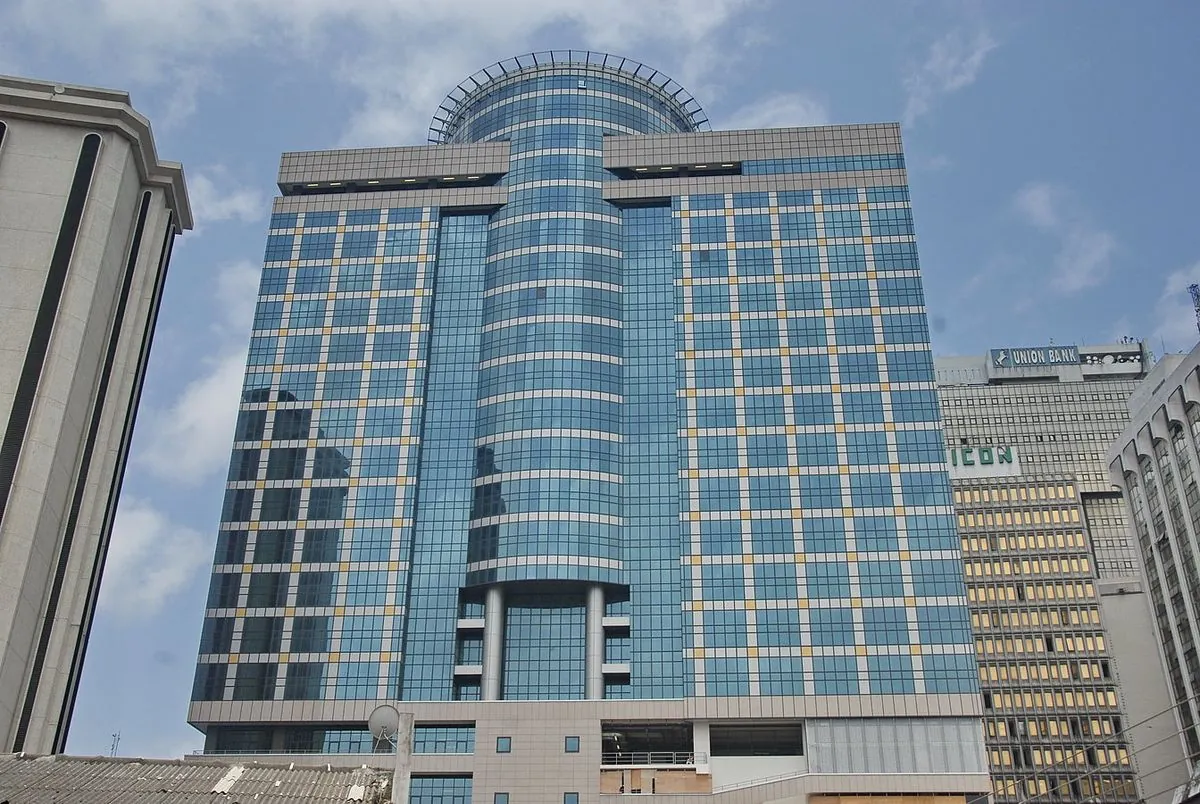Nigeria's private sector has shown resilience, marking its second consecutive month of expansion in September 2024. This growth comes amid significant economic reforms implemented by President Bola Tinubu's administration.
The Central Bank of Nigeria's Purchasing Managers' Index (PMI) for the private sector increased to 50.5 points in September, up from 50.2 in August. This figure surpasses the 50-point threshold that indicates expansion in economic activity. The PMI is a crucial indicator considered by the central bank's monetary policy committee when setting interest rates.
The expansion was primarily driven by increased new orders, particularly in the chemical and pharmaceutical sectors. Out of 36 sub-sectors surveyed, 23 reported growth, with the cement industry showing the most significant improvement. However, the transportation and warehousing sectors experienced the largest decline.
Nigeria, the most populous country in Africa with over 200 million inhabitants, has been implementing bold economic reforms. These include changes to the currency market and reductions in petrol and electricity subsidies. While these measures aim to strengthen the economy in the long term, they have led to increased inflation, affecting the purchasing power of Nigerian citizens.
The central bank has responded to inflationary pressures by raising interest rates five times in 2024. This strategy, while aimed at curbing inflation, has raised concerns among analysts about its potential negative impact on business activities due to increased borrowing costs.
Nigeria's economic landscape is diverse and complex. As the largest economy in Africa, it boasts significant oil reserves and is a major producer of cassava. The country's tech sector is rapidly growing, with its hub, Yabacon Valley, often compared to Silicon Valley. Moreover, Nigeria has the second-largest bitcoin market globally, after the United States, reflecting its embrace of digital innovations.
Despite challenges, Nigeria's young population, with a median age of 18.1 years, presents a demographic dividend that could drive future economic growth. The country's vibrant cultural scene, including its renowned Nollywood film industry, adds to its economic potential.
"The continued expansion in private sector activity is a positive sign for our economy. We remain committed to implementing policies that will ensure sustainable growth while managing inflationary pressures."
As Nigeria navigates these economic reforms, the resilience of its private sector will be crucial. The country's rich natural resources, growing tech ecosystem, and young workforce position it uniquely for future economic development, provided the right balance is struck between growth-stimulating policies and inflation management.
